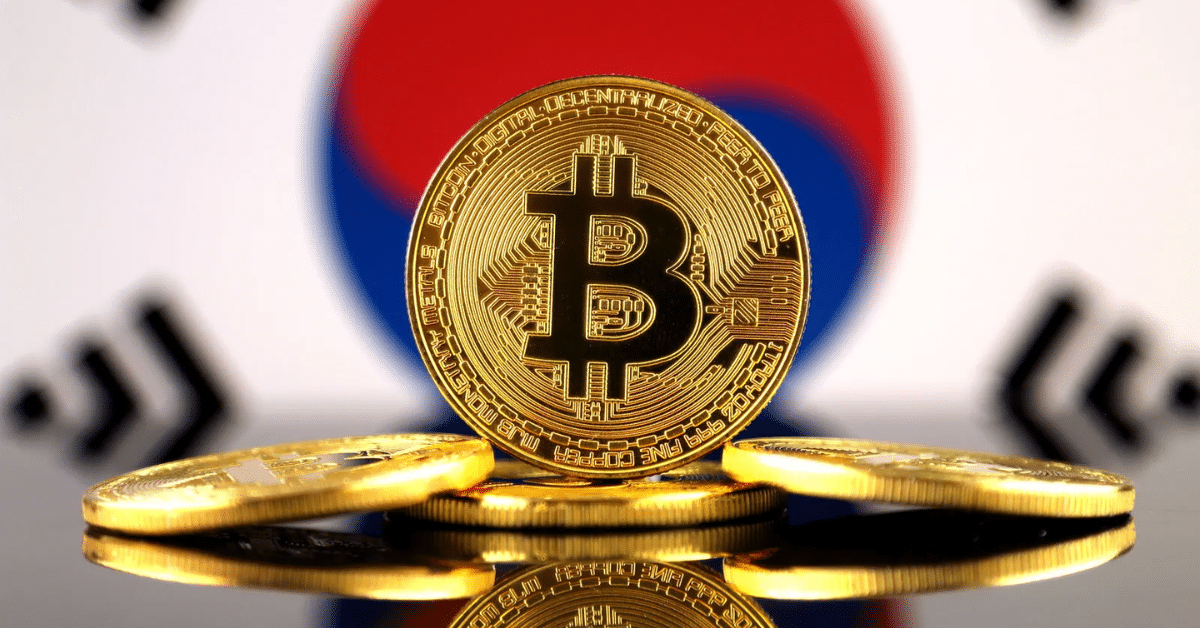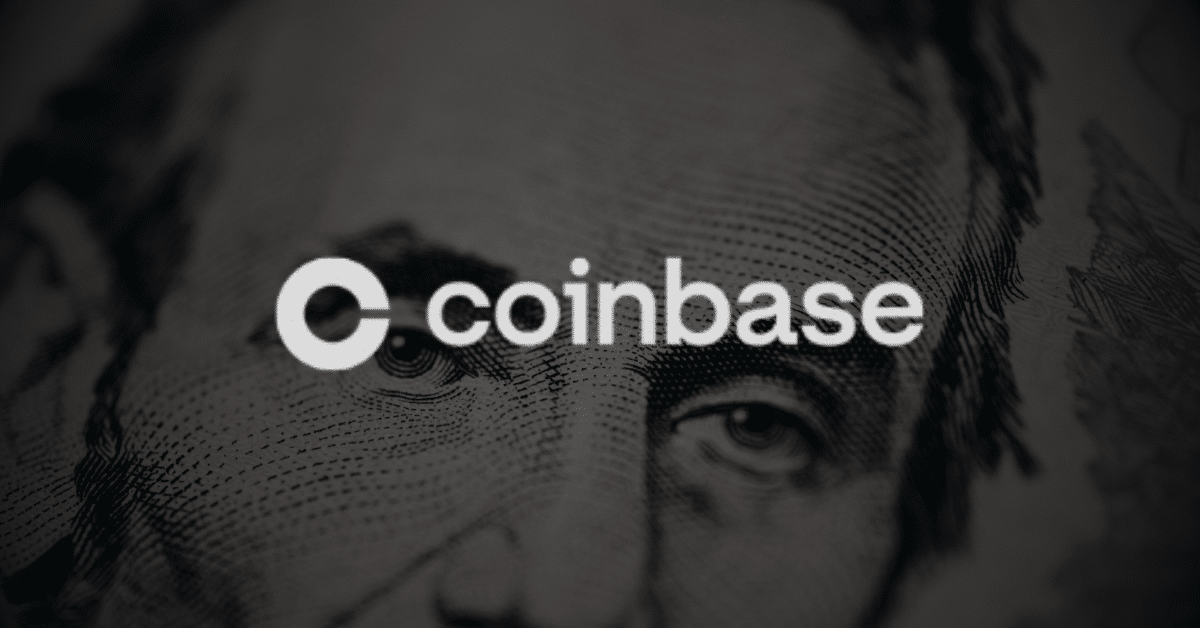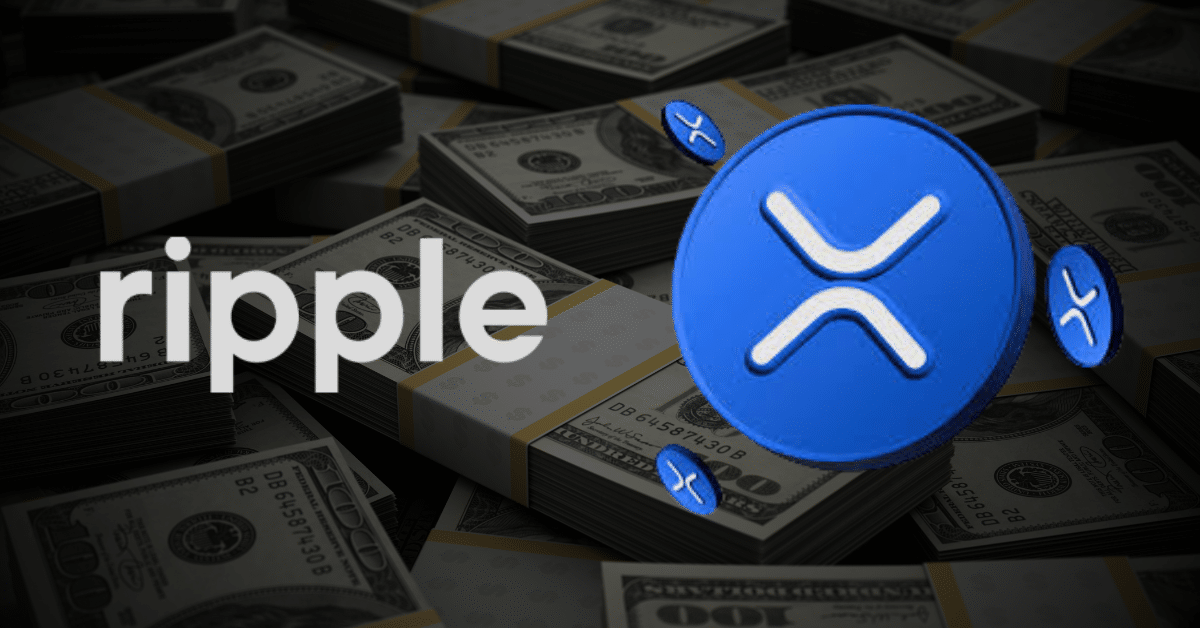Key Takeaways
- South Korea finally lifted the eight-year ban preventing corporations from selling their digital assets.
- Crypto has become a significant campaign issue in South Korea as the country prepares for a snap presidential election.
- The three leading contenders have made numerous pledges regarding crypto regulations, primarily targeting young Korean voters.
South Korea has lifted the crypto ban on corporations’ involvement in crypto activities and has allowed them to sell digital assets for the first time in eight years.
According to an announcement by the country’s Financial Services Commission (FSC), cryptocurrency exchanges and nonprofit organizations that meet existing compliance requirements were free to cash out their digital assets. The regulator banned all manner of crypto sales by corporations in 2017 to ensure exchanges didn’t compete with their customers and avoid unchecked speculation.
Watchdog Changed Tune
Since January 2025, crypto regulations in South Korea have been thawing as the regulator has considered allowing corporations to hold crypto assets. However, the watchdog later changed its tune, stating it needed additional time to review the policies carefully. Nevertheless, the regulator is now ready to implement the new directive.
According to the new rules, cryptocurrency exchanges must register as virtual asset operators and would only be allowed to sell their assets to cover operating expenses. Nonprofit organizations, on the other hand, could now sell any crypto they received as donations to fund their activities. However, corporations that wish to sell their digital assets must be vetted by external firms and have been in the market for at least five years. The FSC stated:
“Lastly, to prevent money laundering, we have strengthened the confirmation and verification of transaction purposes and sources of funds and only allowed donations and transfers through domestic won exchange accounts, requiring banks, exchanges, and corporations to perform customer verification in an overlapping manner.”
Targeting Young Tech-Savvy Voters
The cryptocurrency issue has emerged as a significant concern in South Korea, even as the country prepares for a snap presidential election, with all candidates pledging to support the growing base of crypto users across different generations. According to media reports, all three front-runners have a slew of crypto-friendly proposals they intend to implement if elected, including the legalization of spot Bitcoin exchange-traded funds (ETFs)as well as easing banking rules that have restricted fiat-to-crypto trading to only five platforms.
The elections slated to take place on June 3 come at least two years earlier than expected, following the impeachment of outgoing President Yoon Suk-yeol after a controversial declaration of martial law in late 2024. Though lawmakers quickly overturned the law, the abrupt power grab led to a political crisis and his eventual removal from office. During his 2022 campaign, Yoon made significant promises regarding crypto regulation in South Korea, primarily targeting younger, tech-savvy voters. However, during the ongoing campaigns, the political focus on cryptocurrencies has intensified, and it now includes older generations that are beginning to pour their wealth into the crypto space.
Conclusion
The decision to lift the crypto ban, which barred corporations from selling their crypto holdings, comes at a time when elections are just around the corner and could be seen as a move to make a statement to voters. One of the leading candidates, Lee Jae-myung, was Yoon’s opponent in the 2022 election, during which he also championed crypto-friendly policies. While he may be less aggressive than the impeached president, Lee has made many pro-crypto pledges, including lifting bans on initial coin offerings (ICOs) and play-to-earn (P2E) games that Yoon’s regime failed to implement. He has also pledged to target 10% of the global gaming market through regulatory support in taxation, exports, and talent development.
Frequently Asked Questions
What is the stance on crypto in Korea?
South Korea is tightening rules around digital asset transactions as it prepares to allow institutional players into its crypto market. New guidelines targeting nonprofit organizations have been introduced, including stricter listing standards for exchanges.
What are the rules for cryptocurrency in South Korea?
All crypto gifts must flow through verified Korean won accounts, with banks and exchanges sharing anti-money laundering (AML) duties.
How big is the South Korean cryptocurrency market?
The daily trading volume of cryptocurrencies in South Korea has surpassed that of the country’s stock markets, with the total market capitalization of digital assets exceeding 100 trillion won ($74.8 billion).























